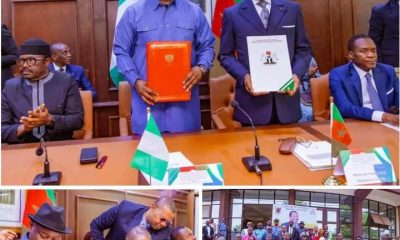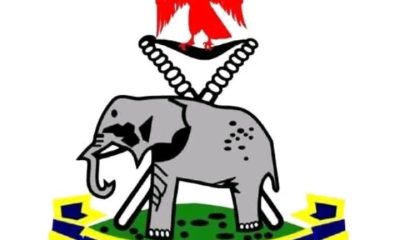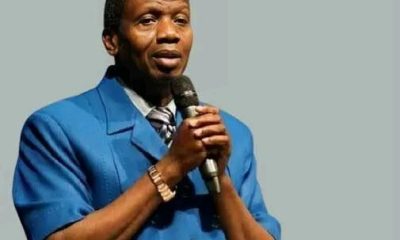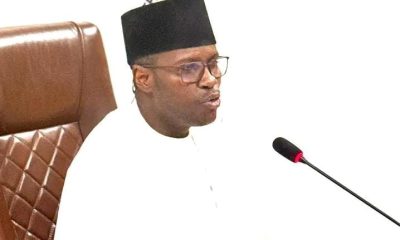National
‘139 Million Nigerians Now Living in Poverty’ — World Bank
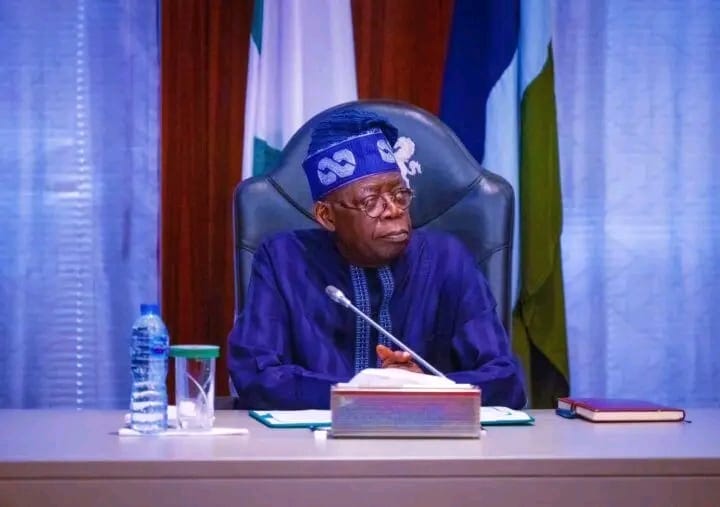
By Micheal Chukwuebuka
The World Bank has revealed that approximately 139 million Nigerians are now living in poverty, despite recent federal government reforms that have significantly boosted revenues across all tiers of government.
Speaking at the launch of the Nigeria Development Update in Abuja on Wednesday, 8 October, the World Bank Country Director for Nigeria, Mathew Verghis, said that while economic stabilisation measures have led to notable fiscal improvements, they have yet to translate into better living conditions for most citizens.
Verghis noted that poverty levels began to rise in 2019 due to policy missteps and external shocks such as the COVID-19 pandemic, and have continued to increase despite the current administration’s reforms.
According to him, Nigeria’s economy has shown signs of recovery, with rising revenues, improving debt indicators, a stabilising foreign exchange market, growing reserves, and easing inflation.
“These results are exactly what you need to see in a stabilisation effort. These are big achievements,” Verghis said. “However, despite these stabilisation gains, many Nigerians are still struggling. Most households face eroded purchasing power.
“In 2025, we estimate that 139 million Nigerians live in poverty. The challenge now is how to translate the gains from the stabilisation reforms into improved living standards for all.”
Verghis emphasised the need for Nigeria to tackle inflation—especially food inflation, ensure more effective use of public funds, and expand social safety nets to support the most vulnerable.
“Food inflation affects everyone, particularly the poor, and it has the potential to undermine political support for reforms,” he warned. “Public resources must be used more efficiently to drive real development outcomes, and safety nets must be expanded to cushion the poorest.”
Presenting an overview of the report, titled “From Policy to People: Bringing the Reform Gains Home,” Samer Matta, the World Bank’s Lead Economist for Nigeria, said that federation revenues have increased substantially in the past eight months of 2025.
However, he raised concerns over the large deductions made by revenue-collecting agencies, arguing that such expenditures have minimal impact on development outcomes.
The World Bank’s findings highlight the urgent need for policies that not only stabilise Nigeria’s economy but also deliver tangible benefits to citizens struggling under rising living costs.



